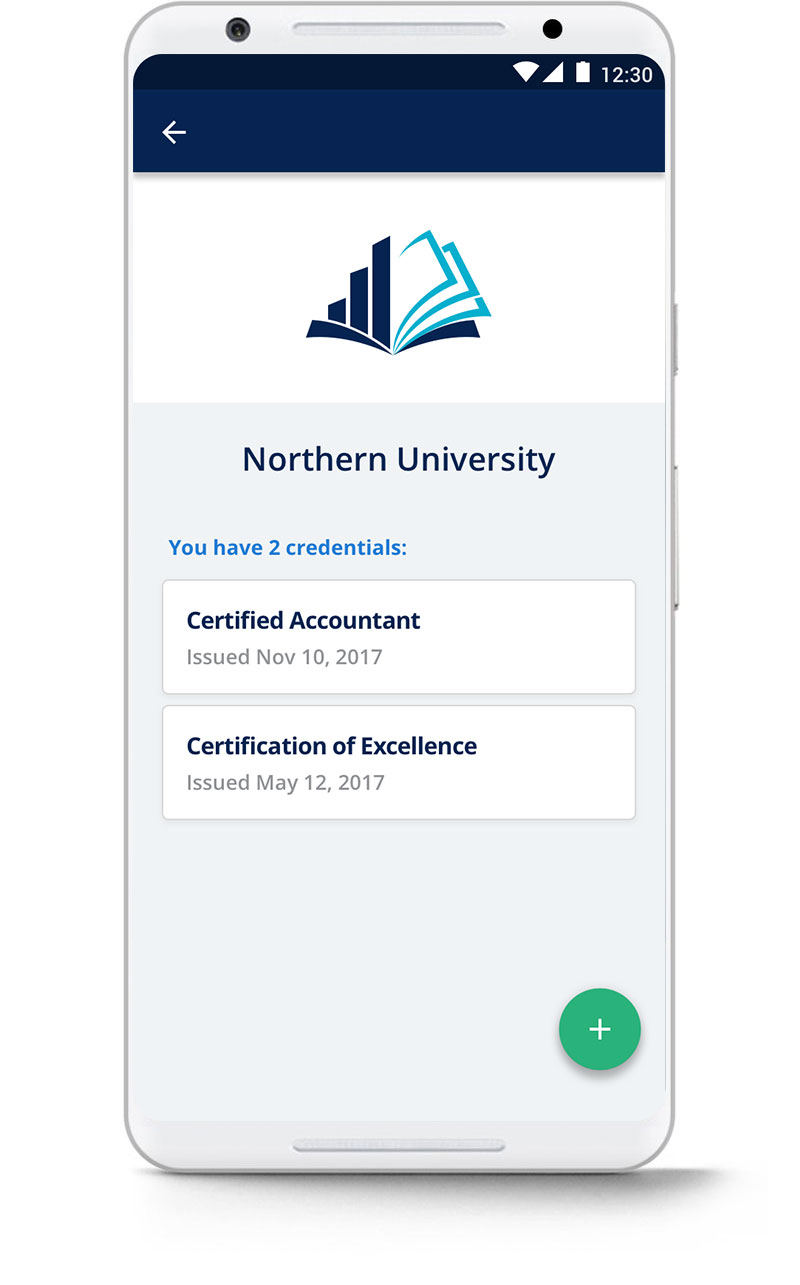Blockcerts Roadmap
The Blockcerts community is currently working to provide:
- Verifiable Claims compatible schemas
- Issuing and verification across additional blockchains, beyond Bitcoin and Ethereum
- More expressive models for revocation
- Enhanced integration with Decentralized Identifiers
- Improving decentralization and longevity by removing dependencies on issuer-hosted data, where desired
To contribute to these efforts, join us at the Blockcerts community forum
Verifiable Claims schemas
Verifiable Claims is a lightweight format for expressing a cryptographically verifiable claim across many different use cases. Blockcerts and Open Badges are working towards expressing Open Badges assertions as a Verifiable Claim. This approach will expand (even further) the interoperability that exists within the Open Badge ecosystem.
In use cases outside of badges, this also allows a simpler, more generic schema on which to build a claim.
Additional Blockchains
Blockcerts will soon develop issuer and verifier support for additional blockchains. Blockcerts initial focus was on Bitcoin and Ethereum, and continuing development will expand to more blockchains in the near future.
Revocation
The existing Blockcerts revocation model uses issuer-hosted revocations from the Open Badges specification. Many in the Blockcerts community are interested in expanding revocation options to allow:
- Reduced dependence on issuer-hosted information (from a decentralization and availability perspective)
- Recipient control, including recipient revocation
Blockcerts Ethereum contracts would provide a more natural, expressive and economical fit for achieving decentralized revocation. This and other means will be considered and developed as part of the Blockcerts suite.
Decentralized Identifiers
Decentralized Identifiers (DIDs) enable more flexible and robust certificate ownership. For example, decentralized identity providers can allow means to recover an identity in case a cryptographic key is lost (whether via a forgotten passphrase, lost device, etc). This means that the recipient can retain control of the claim, and not have to re-request the claim from the issuer.
DIDs can also replace the current Blockcerts issuer identification scheme, which relies on an issuer-hosted list of valid keys from the OB spec.
Blockcerts continues to view identity as an external layer; however Blockcerts would provide hooks enabling the advantages of DIDs in a flexible and open manner.
Improving decentralization and longevity
Several of the items above, such as enhanced revocation models and decentralized identifiers will contribute to Blockcerts’ commitment to a decentralized solution. This will also contribute to the longevity and availability of a recipient’s claim. For example, the validity of a claim should not be impacted by an issuer’s web site being down, or even the issuer going out of business.


